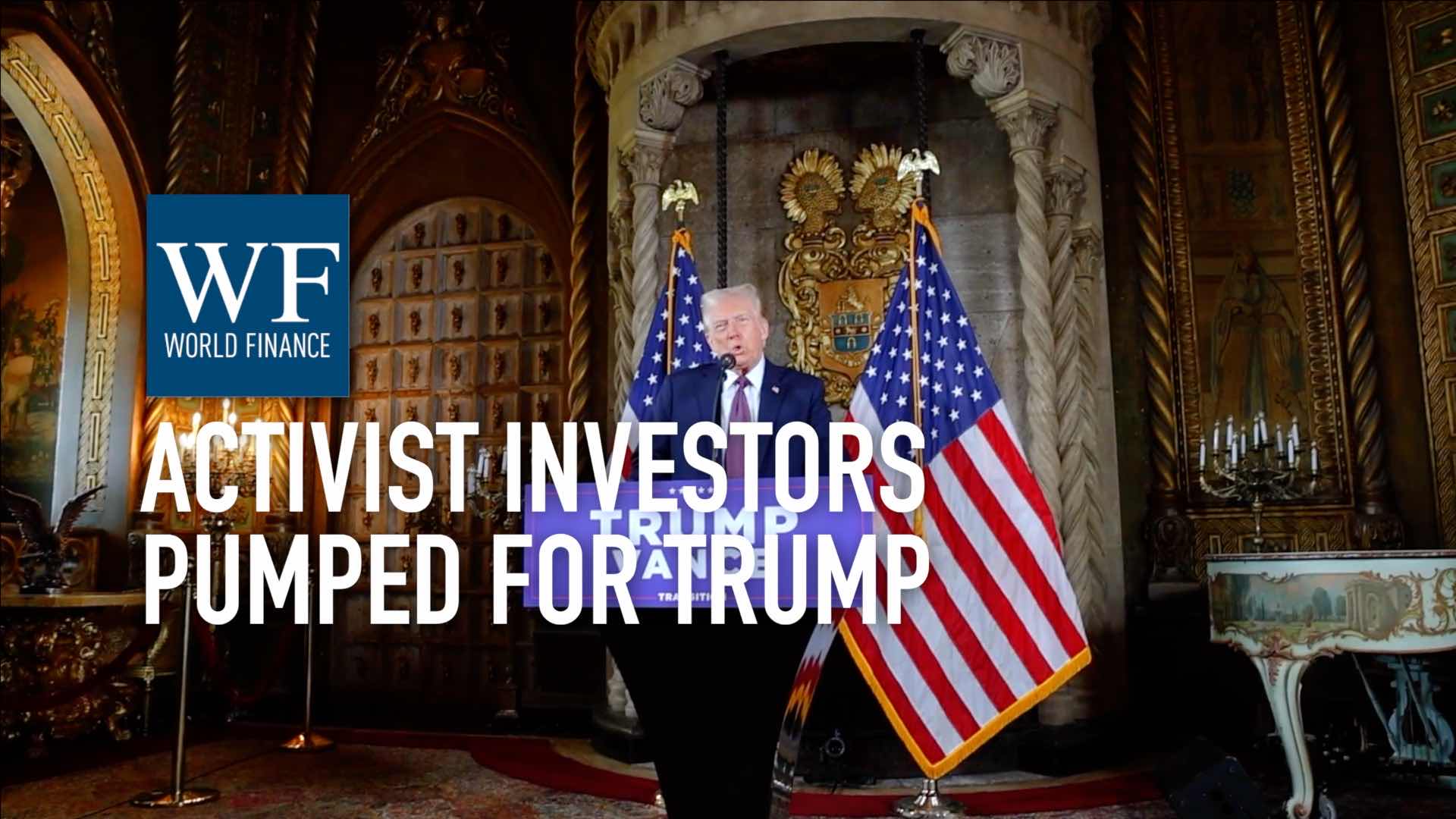Subjective ethics; How the church invests
The church requires over £1bn a year to maintain its places of worship. So where is this money coming from?
Related:
Transcript
Finance and the church: not usually linked, but holding investments of over £15bn, it certainly has some financial clout. World Finance speaks to Dr James Corah, Deputy Head of the ethical and responsible investment at the church investment charity CCLA, to discuss.
World Finance: Well James, the church needs to generate over £1bn a year to maintain its places of worship; where does this money come from?
Dr James Corah: The majority of that money comes from congregational giving – the people in the pews putting money in the plate every Sunday.
But the second part of that pie chart, as it were, is money from investments: investment returns, investment income, which makes up about 24 percent of the Church of England’s overall financial need.
While I talk about the Church of England, I do think that’s indicative of churches more broadly.
World Finance: So in terms of investment, what’s more important: ethics, or profits?
Dr James Corah: The first, predominant role, of a church investor is to make the money to fund the church’s activity. Which in itself is inherently a worthy activity.
But what we do find is the church – one, screens out the issues that are most against what it’s teaching. Which is kind of impossible to do in its entirety, but what you can do is make sure you screen out the most material concerns; and then work with the companies you also have smaller concerns with to improve their behaviour. And church investors have a very good track record with regards to that.
[A]lthough the Islamic approach has a much harder line on it, the Christian investors do use the spiritual background of their staff to make sure they are involved in the setting of investment criteria
World Finance: Are there any taboo things that the church really wouldn’t invest in?
Dr James Corah: We as an investment manager really believe it’s not up to us to decide what is ethical. We can’t make that decision; what we have to do is listen to the clients.
And we do that in two ways. With our Church of England fund we follow the guidance of the Church of England’s ethical advisory group. But with our ecumenical church holders, we survey them on a three year basis, to ask them what are the things that they’re most directly concerned about. And it comes as no surprise, really, of wanting to avoid the arms companies, pornography, tobacco, gambling, armaments, high interest rate lending.
What we’ve seen over time is that list has expanded. They are really much more interested in environmental issues these days: and screening out companies who are materially involved in the production of thermal coals, the most carbon intensive fossil fuel; and also companies that derive a large percentage of their revenue from the extraction of tar sands, the most energy-intensive form of developing a fossil fuel.
World Finance: Islamic finance of course is growing in popularity; is this the kind of investment model that the church could adopt?
Dr James Corah: There isn’t a massive difference in regards to the way that the two finance systems relate. Of course apart from obvious areas like interest being prohibited under Islamic finance. But the method of doing it – of creating a restricted list, and embedding that – is very similar. As is the involvement of people practically involved in the faith in setting policies. So the interpretation of theological principles from a Christian perspective is very similar to the Islamic approach of oversight.
And although the Islamic approach has a much harder line on it, the Christian investors do use the spiritual background of their staff to make sure they are involved in the setting of investment criteria.
World Finance: Following the 2008 financial crisis, the Bank of England attributed part of the problem to banks having lost their moral compass; so do you think the whole financial industry should be held more ethically accountable?
Dr James Corah: The word ‘ethics’ is very, very subjective.
One of the most important things that we think you’ve got to say when you talk about ethics is, ‘Whose ethics are they?’ Who is it who’s saying what is right, and what is wrong?
And as we manage money across the entire spectrum from charity to church, that group of people won’t agree on what is ethical. But what they can agree on is different practices and ways forward.
So what you won’t be surprised to learn is that we’ve been a part of conversations with the banks to try to help them find that purpose and way forward, and we’re very impressed with what is going on at some of them to try and arrange that change.
And one of the areas that we’ve talked about is the living wage. Traditionally we’ve looked at pay at the top of the company; we’re also looking at pay at the bottom of the company now.

 Prepare now for aggressive shareholder activism under Trump 2.0, says Kai Liekefett
Prepare now for aggressive shareholder activism under Trump 2.0, says Kai Liekefett Banco Popular Dominicano: Digitalising Dominican finance
Banco Popular Dominicano: Digitalising Dominican finance
